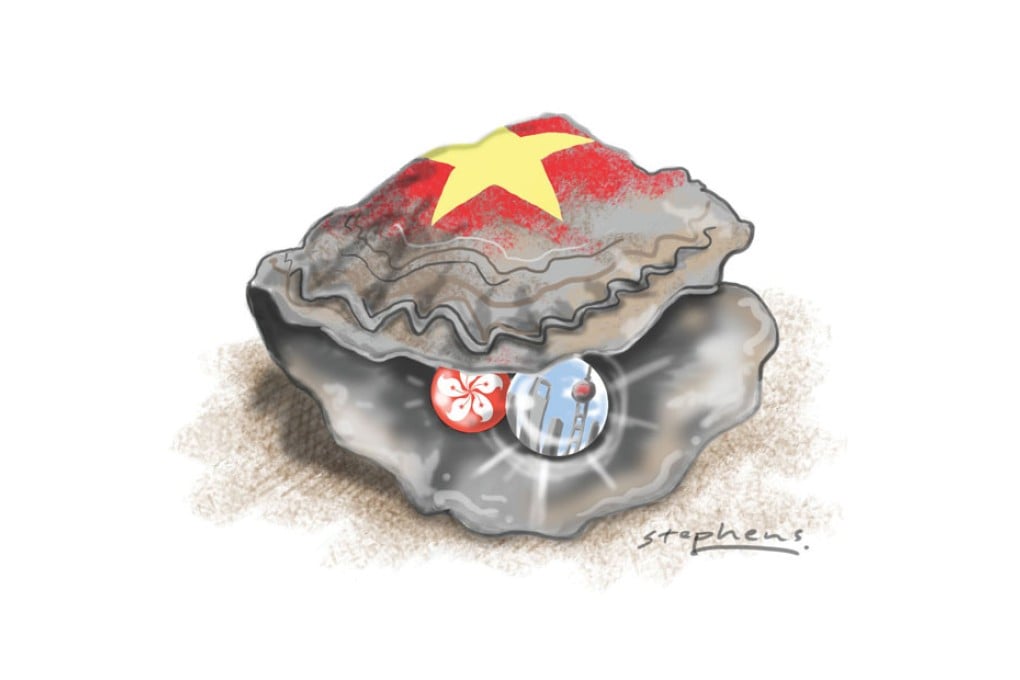Shanghai free-trade zone plan offers new challenges to Hong Kong
Dan Steinbock says plans to develop Shanghai as a free-trade zone should be seen not as a threat to Hong Kong's prosperity but rather a signal to meet new economic challenges on the mainland

Hong Kong's challenge is not China's economic rise, Shanghai's free-trade zone, or even the mainland's impending financial reforms. These are all new opportunities.
Instead, Hong Kong's future depends on adjustment to China's new stage of growth and the multipolar future.
The different paths of Hong Kong and Shanghai as rising global financial centres are largely explainable on the basis of historical colonialism and global economic integration. In the 1920s, Shanghai was still the major centre of international trade and finance in East Asia. The position of the "Pearl of the Orient" eroded only with the turmoil of the 1930s.
In contrast, Hong Kong has benefited from global integration since the post-war era. After the second world war and the civil war in China, most foreign firms moved their offices from Shanghai to Hong Kong, which also became the home of Shanghai's entrepreneurial elite.
As textile and manufacturing grew with low-cost labour and population growth, Hong Kong industrialised. The export-led growth model boosted living standards rapidly. Meanwhile, Shanghai was transformed into an industrial centre. It became the largest contributor of tax revenue to the central government, but at the cost of crippling its own infrastructure and capital development.
As Shanghai fell into a historical oblivion, Hong Kong thrived, even during the first decade of reforms and opening-up policies, because these began in Guangdong. In Shanghai, the development of Pudong was initiated only in 1992.
